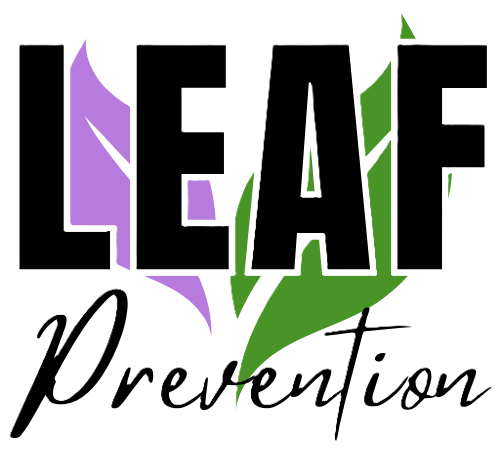

Blog Posts
Many individuals associate alcohol with a “buzz”—the mood boost that many people experience. Although consumers may desire relaxation, a slower pace, and perhaps some silliness, these results aren’t simply positive side effects of drinking alcohol—they are evidence of a brain that is struggling to coordinate its regular functions.
The effects listed below are nearly immediate; these brain changes start to happen as soon as a person’s blood-alcohol content spikes.
Anyone who drinks alcohol regularly is at risk for long-term damage; there is no safe amount. There are many physical risks associated with drinking alcohol, but here we’ll focus only on its effects on the brain.
Developing brains are even more prone to damage than adult brains. Exposure to alcohol acts directly on a fetus’s developing brain, which often causes lifelong damage.
The risk doesn’t disappear for children and teenagers—adolescents can suffer long-term damage from using alcohol as well. Read more about the effects of alcohol on underage consumers.
Many factors can cause adults to respond more strongly to alcohol, too. Both prescription and over-the-counter medications can interact with alcohol, which increases the risk to those who chose to drink.
Despite popular belief that drinking can be healthy or relaxing, alcohol consumption comes with many risks.
Centers for Disease Control (CDC) recommends limiting alcohol to two drinks or less per day for men or one drink or less per day for women—and, of course, this only applies to individuals above twenty-one, the legal drinking age. However, even this “moderate” amount still exposes those who drink to health risks.
Choosing not to drink is one of the best ways to protect both the brain and body. Even if an individual has been drinking regularly, it’s never too late to stop; there are many health benefits to cutting back or cutting it out.
If you or someone you know has questions about alcohol use, please contact us! Our team can provide resources, referrals, and a judgement-free listening ear.
“Alcohol and the Brain: An Overview | National Institute on Alcohol Abuse and Alcoholism (NIAAA).” n.d. https://www.niaaa.nih.gov/publications/alcohol-and-brain-overview#:~:text=Alcohol%20interferes%20with%20the%20brain's,injuries%20and%20other%20negative%20outcomes.
“Binge Drinking | CDC.” n.d. https://www.cdc.gov/alcohol/fact-sheets/binge-drinking.htm.
“Excessive Alcohol Use.” 2022. Centers for Disease Control and Prevention. July 11, 2022. https://www.cdc.gov/chronicdisease/resources/publications/factsheets/alcohol.htm.
MacMillan, Amanda. 2022. “What Are the Effects of Alcohol Consumption on the Brain?” Health, June 24, 2022. https://www.health.com/condition/alcoholism/effects-of-alcohol-on-the-brain.
Merz, Beverly. 2017. “This Is Your Brain on Alcohol.” Harvard Health. July 14, 2017. https://www.health.harvard.edu/blog/this-is-your-brain-on-alcohol-2017071412000.